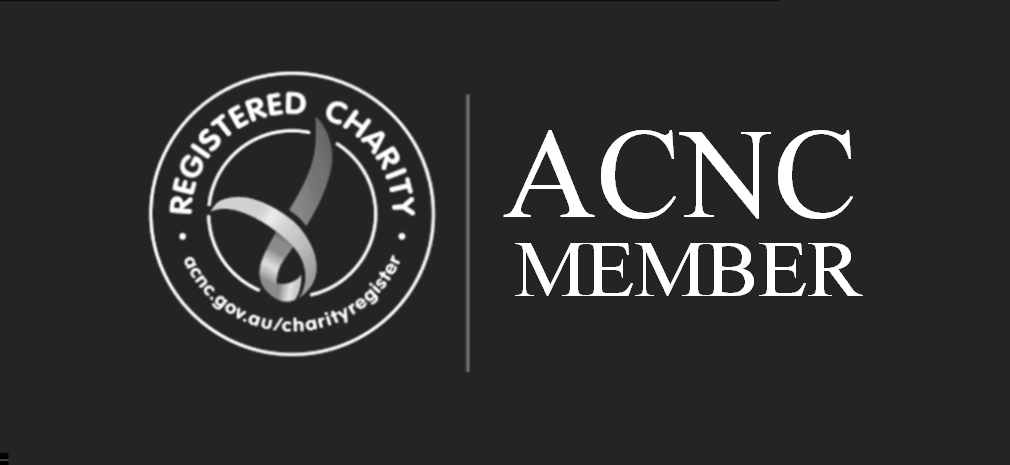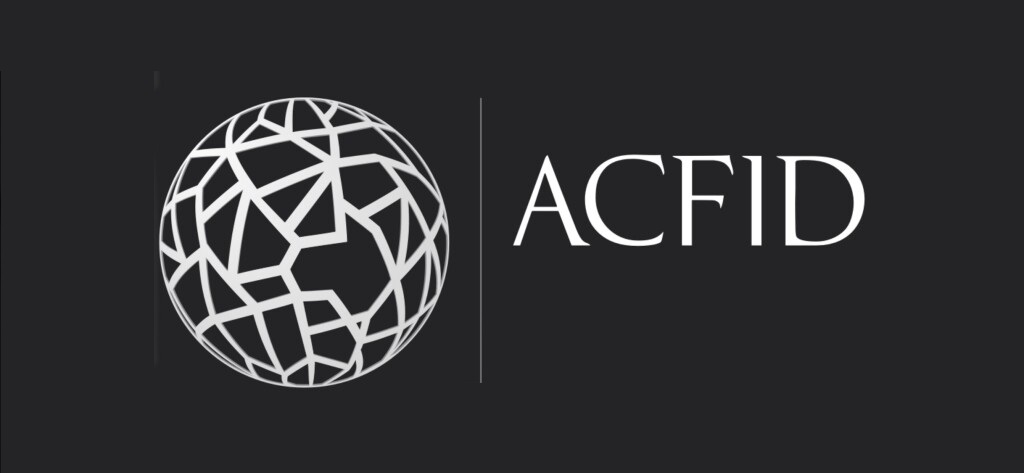.
DAISI must have a respectful appreciation for the contributions, expectations, responsibilities and accountabilities of all parties it works with. DAISI’s policies to promote successful collaboration with its South-Pacific partners are presented below.
.
POLICY
- It is the aim for DAISI members through collaboration will negotiate shared goals with our South Pacific partners.
- Partners must be aligned with DAISI’s values and objectives
- Partners must be legally registered and have appropriate governance mechanisms (eg Board)
- Partners must have appropriate financial systems in place and have the capacity to manage and control funds
- Partners must be assessed to have the capacity to apply funds and resources in accordance with the promise to the donor, DAISI’s strategy and specific instructions to the partner.
- The aim of DAISI is to support and complement, not replace, existing systems and infrastructures in partner projects in the South Pacific.
- The must be adequate time given to discussions between DAISI members and its South Pacific partners, ideally prior to, during and after joint projects in the South Pacific.
- Invite partners to develop content for agreements
- Discuss and negotiate the content of agreements with partners rather than imposing predetermined templates or contracts
- At every stage, DAISI members must remember that they are guests and conduct discussions in a manner which encourages the autonomy of its South Pacific partners, recognising also their unique strengths.
- DAISI promotes and adheres to the ACFIC Collaboration Guidance Notes, which promote a collaborative framework to joint projects.
- It is DAISI’s aim to work with our South Pacific partners in a respectful manner.
- DAISI must be respectful of the governing policies and procedures in place in the South Pacific countries they participate with.
- For Doctors and Nurses, this includes being compliant with local Governance and legal registration requirements.
- DAISI members must also undertaking due diligence and capacity assessments to identify potential strengths and risks to inform the approach taken to when working with our South-Pacific partners.
- This includes reference checks of partners against prohibited entities listings.
- Capacity assessment for implementation of key safeguarding and risk policies (e.g. child protection and prevention of sexual exploitation, abuse and harassment)
- DAISI must foster a partnership with its South-Pacific neighbours, realising that partnerships are often as strong as their weakest link. These weak links are recognised and supported.
- DAISI must foster a team approach between DAISI Members and its South-Pacific partners, that is harmonious and congenial. This requires humility, patient active listening, and thoughtful consideration.
- The aim of DAISI is to develop mutually identified aims and goals, as this will promote solidarity and in turn, the greatest investment, productivity and overall satisfaction of all involved.
- DAISI must actively seek out information from its partners, to ensure their voice is heard.
- This can be facilitated by
- an external consultant,
- feedback survey
- roundtable meetings
- or informally through discussion.
- The exact mode for seeking information is not as importance as the frequency with which it happens, realising there are cultural differences in terms of expected time to wait for any given response when communicating from afar.
- The CEO and Country Programme Officers for each country will evaluate partnerships and present their assessment at the Board/Executive meeting. This should occur, as a minimum, annually at the Board/Executive meeting that follows immediately after the Annual General Meeting (AGM).
Revised and approved by DAISI Board unanimously 3 Feb 2021. Policy 5.1.24 added and approved by Executive/Board 30th July 2021.



